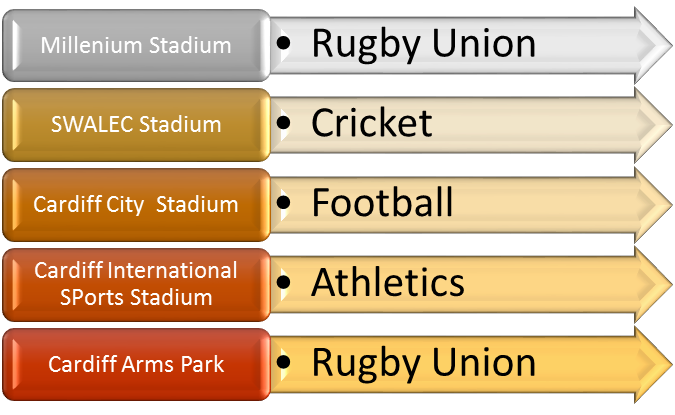Course Content
An Introduction to Database Administration
- Types of Database users
- Roles of DBA
- An Introduction to SQL statements
- Defining the Oracle 12c software release
- What are data utilities?
Create Oracle Database
- Database creation with DBCA
- Statement Creation
- Initialization parameters
- An Introduction to Database services
Starting and Shutting Database
- How to start Database?
- The shutting of Database
- The Suspending and Recommencing of Database
An Introduction to Oracle Database Architecture
- An introduction to Oracle architecture
- Process Structures, Architecture, and Startup System
Managing Processes
- An Introduction to dedicated and shared server processes
- Handling Database with shared servers
- Arranging processes for parallel SQL execution
- Arranging processes for external methods
- Terminating sessions
Managing Control Files
- An Overview of control file
- Creating control files
- Recovering and backing up control file
- Dropping a control file
- Creating views in data dictionary
Managing Database Instance
- Creation of views and multiple tables
- Analysing tables, clusters and indexes
- Use of triggers
- An Overview of Enterprise Manager Management Framework
- What is Enterprise Manager Database Express Home Page?
- An Overview of Enterprise Manager Cloud Control
- Relating Integrity Constraints
- Renaming schema objects
- Study of object dependencies
Configuration of the Oracle Network Environment
- An overview to Oracle Net Services and Net Listener
- Understanding Oracle Network Connections and tools for the Oracle Network
- Understanding the Listener Control Utility, Oracle Net Manager and Enterprise Manager Cloud Control
Management of Database Storage Structures
- Managing the Tablespace Alerts
- Presumable space allocation
- Regaining free space
- Displaying data for space usage data type
- Creating a New Table space
- Understanding Oracle Managed Files
Handling User Security
- Generating user profiles
- Using Authentication
- Defining Roles and privileges
Managing Data Concurrency
- What is the need of Locks?
- Using Locking Mechanism
- Describing DML Locks
- An overview of Concurrency of data
- Lock Conflicts
Handling Undo and Redo Log
- A Summary of Undo Data
- Transactions and Store Undo Material
- Matching undo Data and Redo Data
- Handling Undo
- An Overview of Redo Log
- Generating Redo groups
- Renaming log members
- Confirmation of Redo block files
Applying Oracle Database Auditing
- An Introduction to auditing
- Using Security of Database
- Compliance Monitoring and Regular Database Auditing
- Unified Audit Data Trail
- Parting of Duties for Audit Administration
- Audit trail configuration
- Specifying Audit Options
Implementing Database Maintenance
- An Introduction to Database Maintenance
- Detecting the Alert History
- An Overview of Automatic Workload Repository (AWR) and Statistic Levels
- An Introduction to Automatic Database Diagnostic Monitor (ADDM)
Handling Performance
- Observing Performance
- Using Tuning Actions
- Instances Tuning
- Performance Tuning Method and Tuning Data
- Performance Monitoring Presentation
- Management of Memory
Handling Performance: SQL Tuning
- An Introduction to SQL Tuning and Oracle Optimizer
- Recognising SQL Plan Commands and Adaptive Execution Plans
- SQL Advisors
- Automatic SQL Tuning Results
- Applying Automatic Tuning Situations
Managing Resources by Using Database Resource Manager
- A summary of Database Resource Manager
- Basics of Database Resource Manager
- Describing Maintenance Resource Manager Plan
- Defining Resource Manager Workflow
Powering Tasks by Using Oracle Scheduler
- An Introduction to Oracle Scheduler
- Understanding Scheduler objects
- Defining scheduler architecture
- Understanding a Simple Job, Core Components and basics of Work Flow
- Various Types of Schedules
- Creating schedules
Backup and Recovery Concepts
- Failures Groups and Flashback Technology
- An Overview of Instance Recovery
- Stages of Instance Recovery
- Alteration of Instance Recovery
- Using the MTTR Advisor
Data Movement
- Oracle Data Pump and SQL*Loader
- Oracle Support
- Using the Enterprise Manager and Support Workbench
- Oracle Support and incorporation
- Investigating an Issue
- Logging Service Requests and Handling Patches
Working with Oracle Support
- Support Workbench and Enterprise Manager
- Oracle Support
- My Oracle Support Addition
- Issue Investigation
- Categorization of Service Requests
- Managing Patches
- Connecting a Patch Release

 ENQUIRE
ENQUIRE
 REQUEST CALLBACK
REQUEST CALLBACK
 GET A FREE QUOTE
GET A FREE QUOTE


 Introduction
Introduction Course Details
Course Details Course Content
Course Content





 London
London